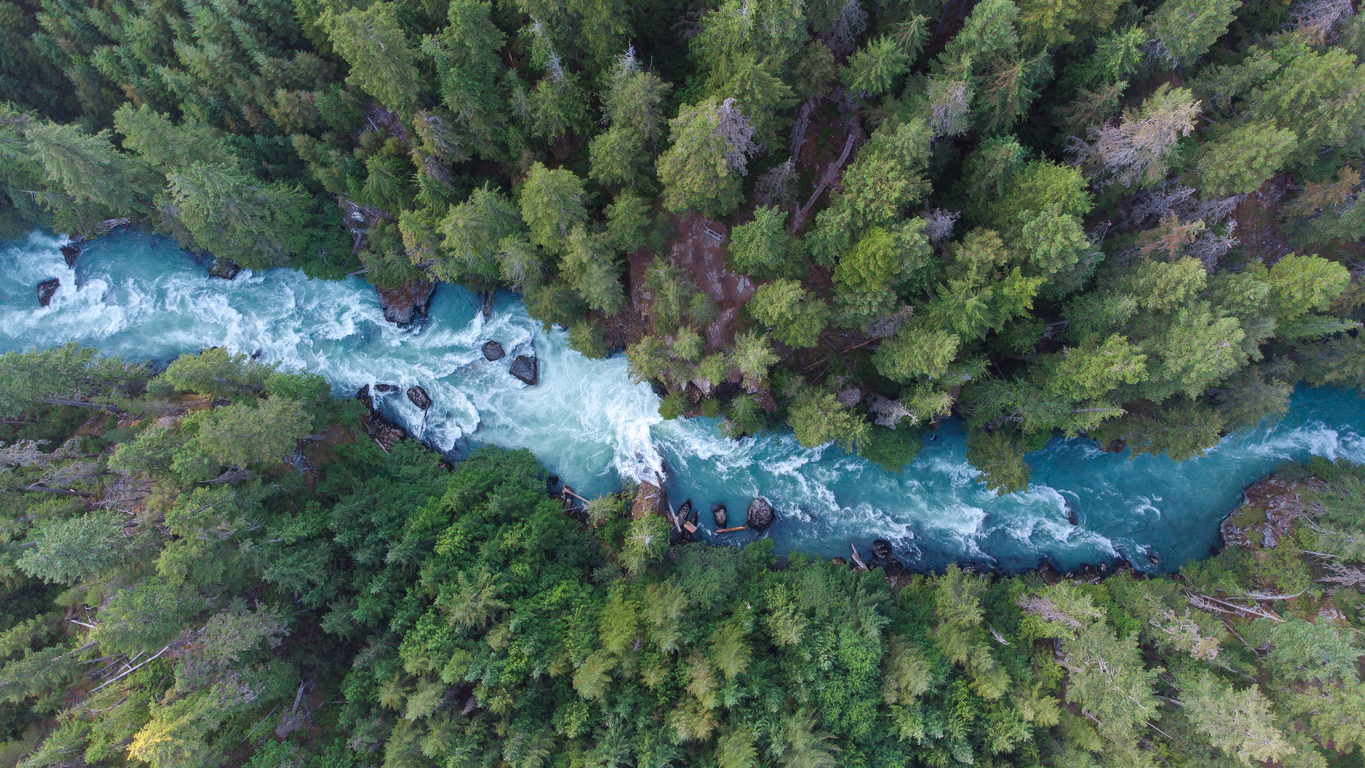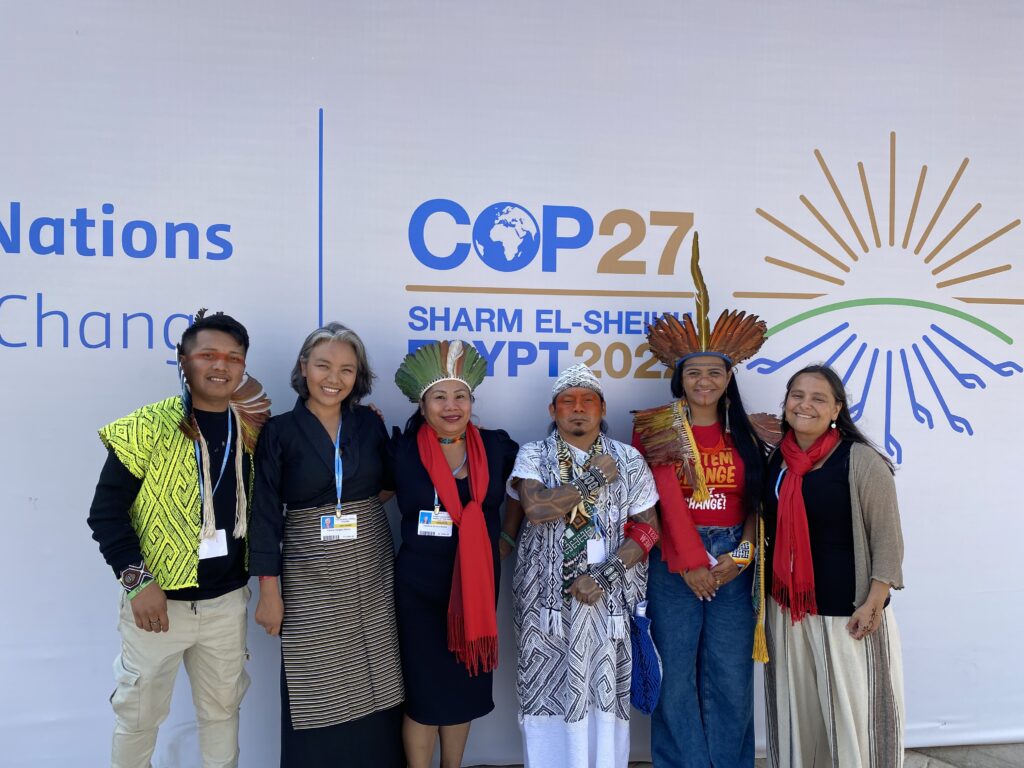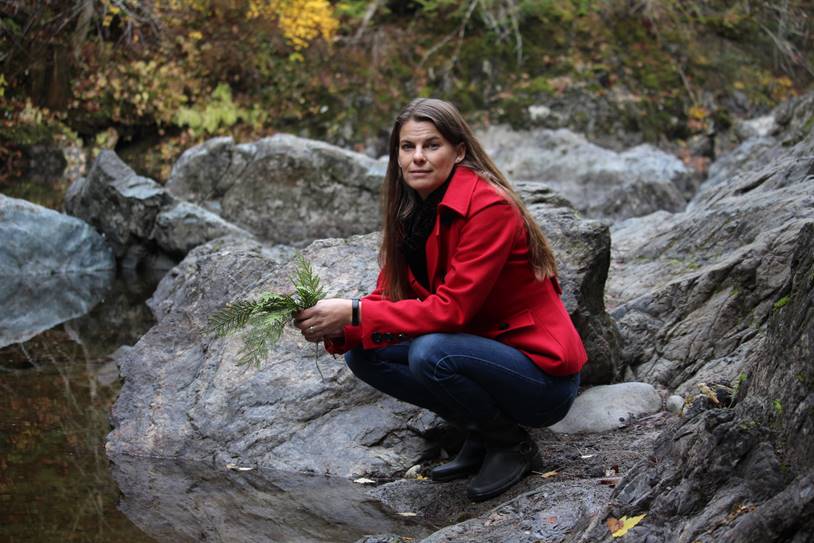“When it comes to climate change, we tend to see it as a Western science problem,” says Dr. Pasang Sherpa, a Sharwa anthropologist from Mount Everest region in Nepal and a Wall Scholar at UBC’s Peter Wall Institute.
“We describe it as a scientific process: we talk about greenhouse gases; we talk about the loss of glaciers, of floods, and of extreme events. But climate change is much more complex than that.”
Dr. Sherpa is one of many scholars, scientists and Indigenous knowledge keepers calling for a broadening of context when it comes to conversations about climate change and its impacts.
Her colleague, UBC’s Wall International Indigenous Scholar Chief Ninawa Huni Kui, emphasizes the necessity of considering Indigenous knowledge alongside all other types of knowledge to address the complexity of climate destabilization.


